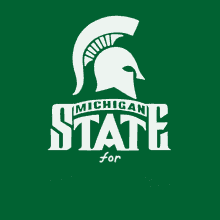https://www.politico.com/news/magazine/ ... d-00258083
Tariffs were meant to be a threat to force people into these swap agreements — that’s [what’s in] the paper by Stephen Miran [Trump’s chair of the Council of Economic Advisers]. It’s kind of a “have your cake and eat it too” strategy — which Miran acknowledges.
One of the things we’ve always said made the U.S. [dollar] the reserve currency, is the transactability, the liquidity, the transparency, the rule of law and markets. So, if you’re talking about essentially going in and forcing people into non-marketable, long-term debt agreements, how does that impact the rest of the market?
Do interest rates go down or up with that? Do the people that are holding the marketable securities run away because you’re showing that the U.S. is no longer a transparent, trustworthy counterparty? It’s more like China, where you can step in at any moment and say, “You go into this agreement, or I’m going to clobber you with tariffs.”
And let’s not forget: In terms of the trade deficit, there’s a service surplus. What is the service surplus made of? Tourism, education, medical care. We export that stuff, and they’re directly attacking that. They’re directly attacking all of the sources of our service surplus.
So, what, we’re going to give up medical research, professional consulting and financial services surplus so that we can make T-shirts in the U.S.? Is that going to be good for productivity and U.S. exceptionalism? Is that going to make people want to hold the dollar more or less?


